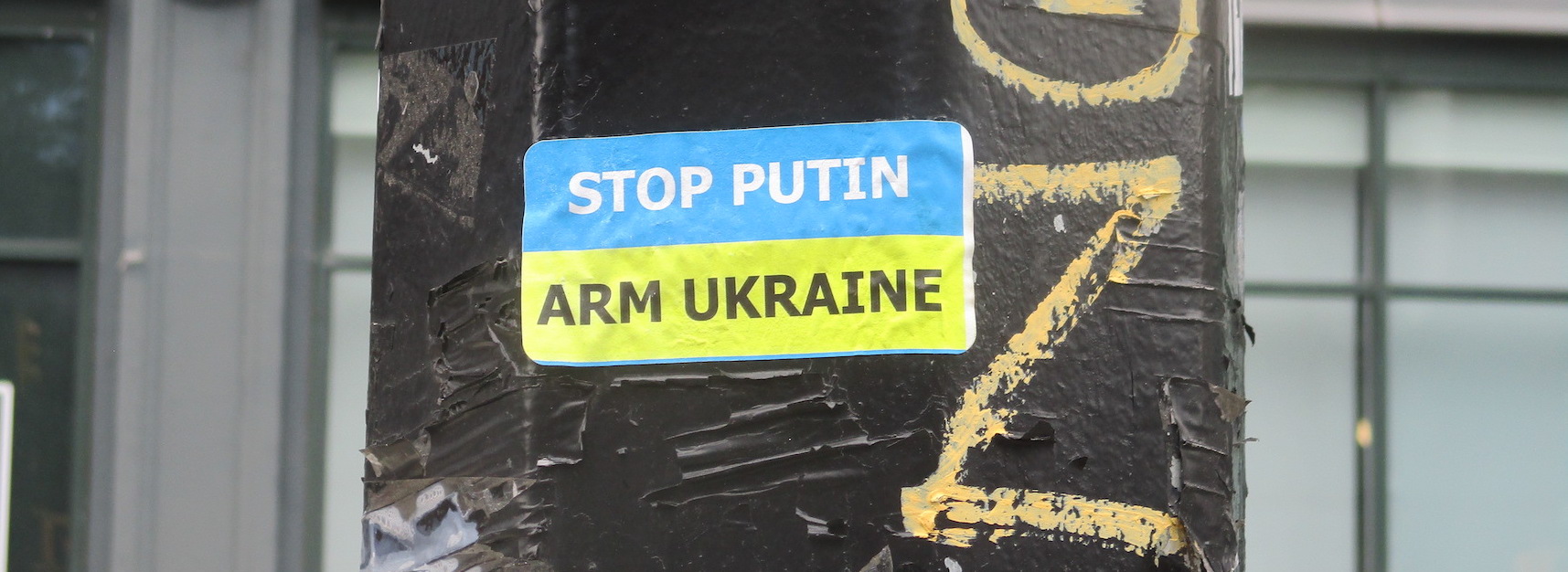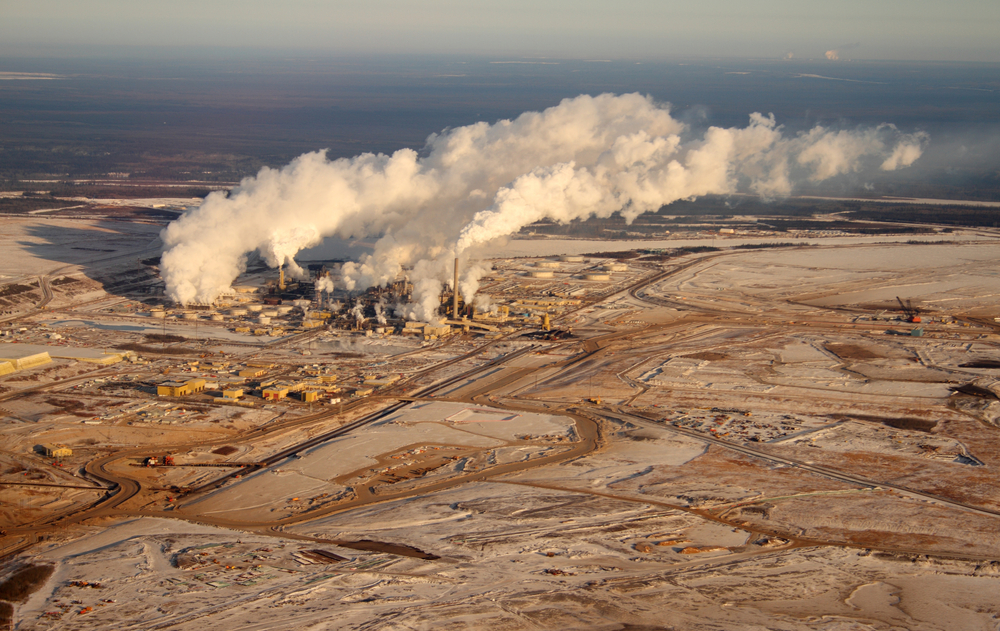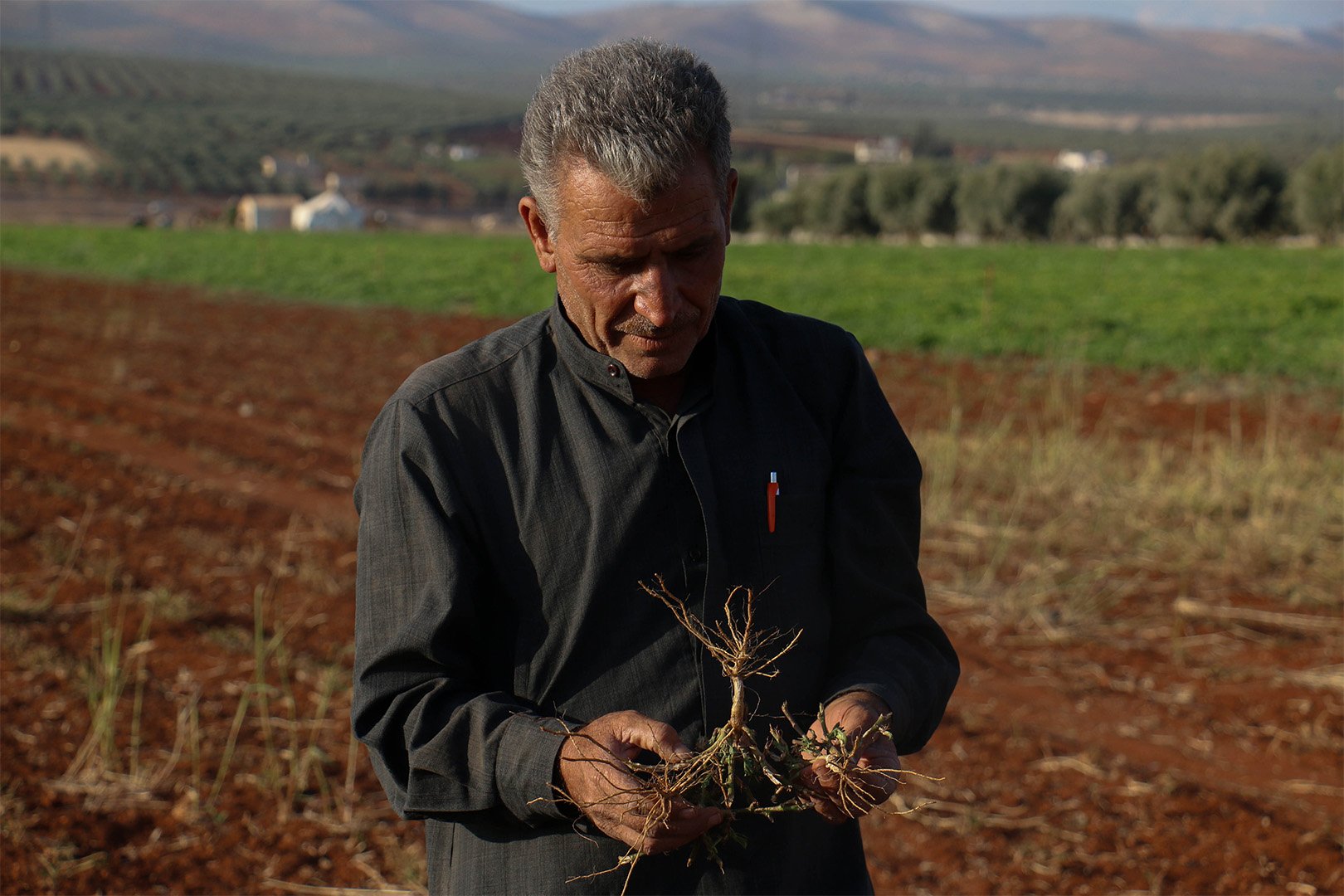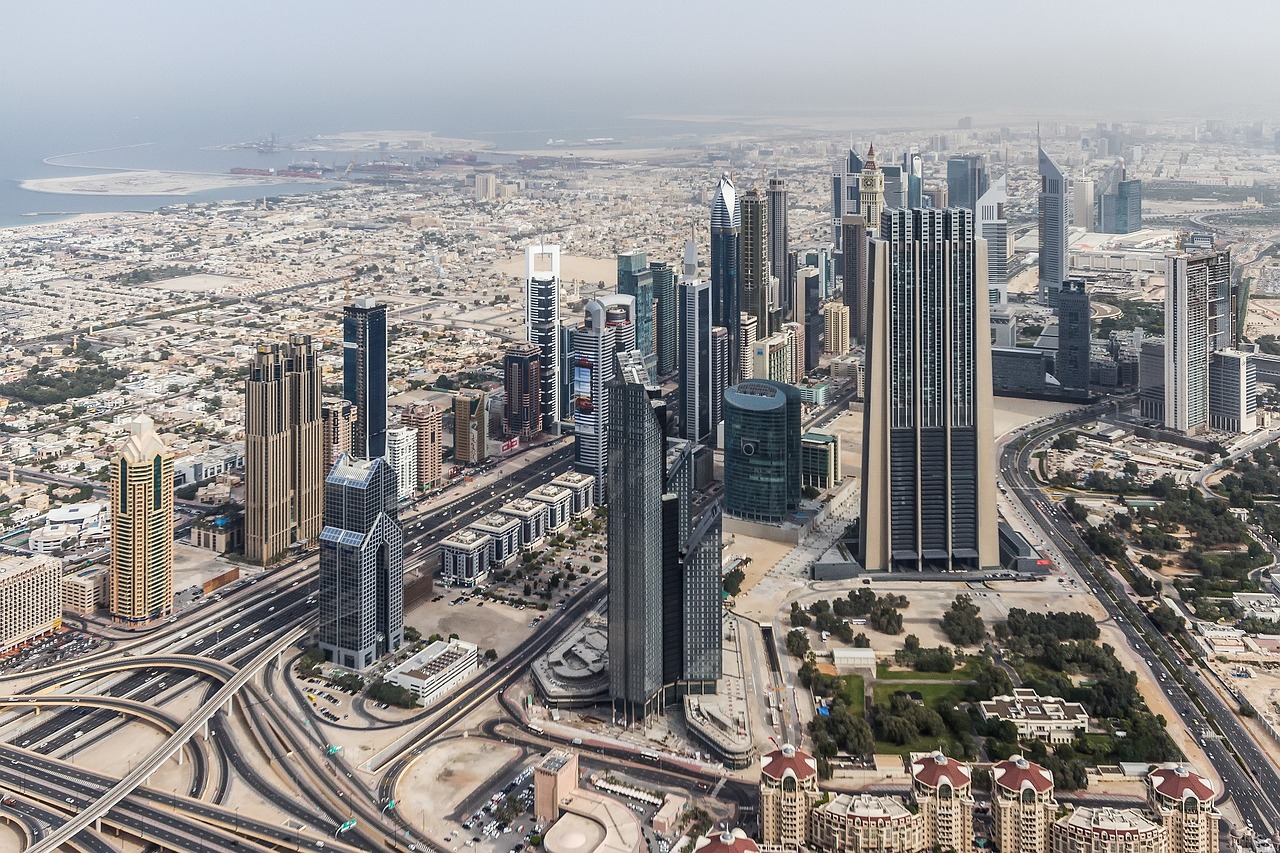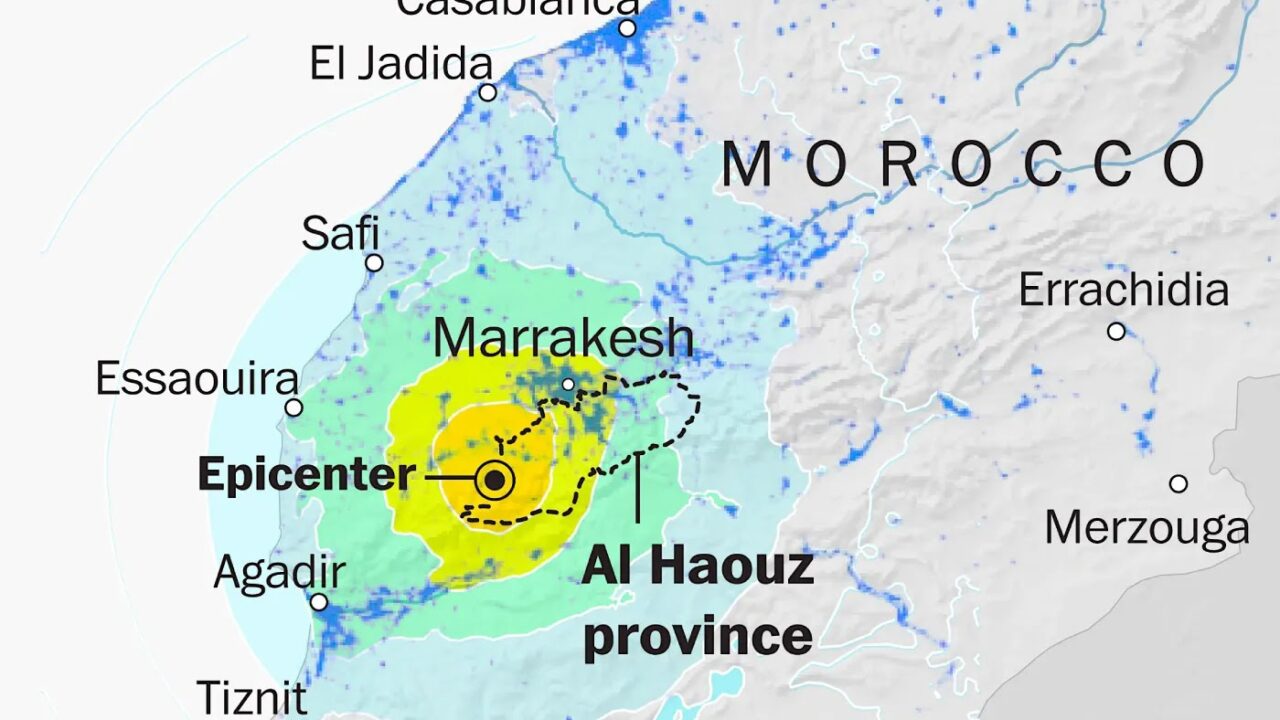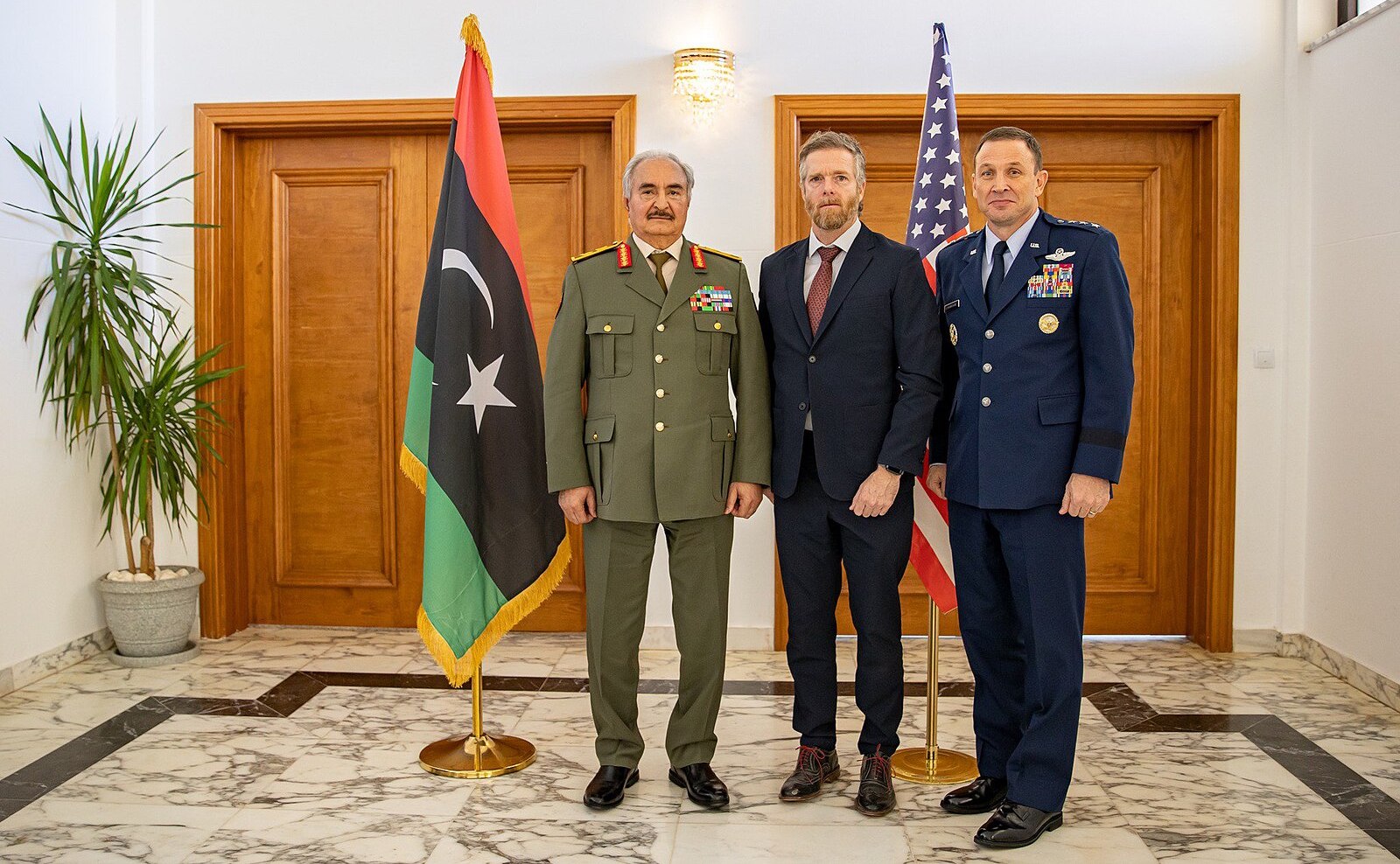
War crimes suits against Libya’s Haftar dismissed
A US judge dismissed a group of civil lawsuits accusing Libyan military leader Khalifa Haftar of war crimes. District Judge Leonie Brinkema said she had no jurisdiction to preside over a case concerning crimes committed in Libya—even though Haftar has US citizenship and lived for more than 20 years in the DC suburbs of northern Virginia. In the suits, first filed in 2019 under the Torture Victim Protection Act, the plaintiffs charged that family members were killed in bombardments conducted by Haftar’s forces on civilian areas of Tripoli that year. Plaintiffs noted that Haftar’s extensive properties in Virginia could have been used to compensate the survivors. The head of the Libyan-American Alliance, Issam Omeish, expressed his regret over the court’s decision, calling it a setback in the groups’ work seeking justice and accountability for rights abuses in Libya’s civil war. (Photo: Haftar with US embassy Chargé d’Affaires Leslie Ordeman and USAF Lt. Gen. John Lamontagne, January 2023. Via Wikimedia Commons)







